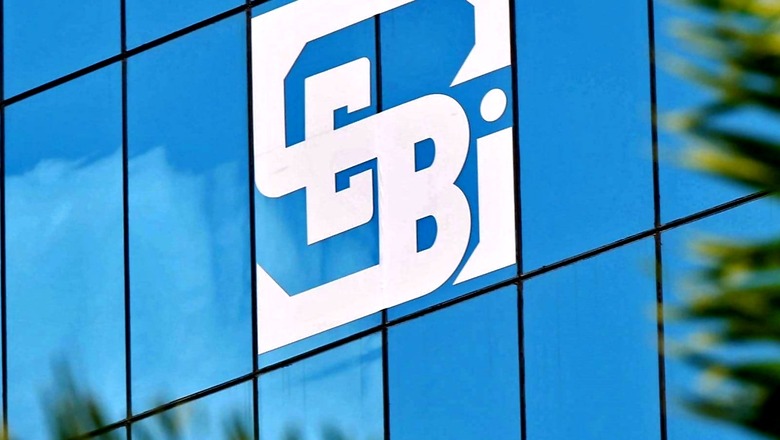
views
Markets regulator Securities and Exchange Board of India (Sebi) has proposed an institutional mechanism that will require stock brokers to put in place systems for detection and prevention of market abuse.
Sebi has released a consultation paper that seeks views from market participants on a proposal which requires broking firms and their senior management to be accountable for such detection/ prevention of fraud or marker abuse, by setting up robust surveillance and control systems, and ensuring appropriate escalation and reporting mechanisms.
This proposal also enumerates some of the common examples of market abuses that brokers must look to detect/prevent, the entities who should be subject to surveillance, and the accountability that is entailed.
Currently, there are no specific regulatory provisions that cast responsibility on brokers to put in place systems for detection and prevention of fraud or market abuse.
The list of probable instances / indicators of fraud or market abuse which the broker’s system should be equipped to monitor, at a minimum, are as follows:
a)Creation of misleading appearance of trading,
b)Price manipulation,
c)Front running,
d)Insider trading,
e)Mis-selling,
f)Unauthorised trading, including facilitation of ‘mule’ accounts that act as a front for unauthorised trading
g)Pump and dump,
h)Spoofing,
i)Disproportionate trading activity vis-à-vis reported income/net worth,
j)Frequent changes in KYC submitted by clients.
Sebi has proposed that the CEO, MD, Compliance Officer, Principal Officer, KMPs, Directors or analogous persons of the broker (senior management) shall be responsible to ensure robust, independent trade surveillance systems and internal control systems to ensure compliance with the regulatory requirements as may be prescribed by SEBI/ stock exchanges from time to time, to detect/ prevent/ report fraud or market abuse by its clients, promoters, employees (including senior management), Authorised persons (APs), or analogous persons.
They shall be held accountable for non-compliance and negligence in implementing appropriate surveillance and internal control systems.
In addition, the regulator has suggested that brokers should have appropriate escalation and reporting mechanisms. Brokers should come out with a well-documented policy that sets out the availability of whistle blowing channels, processes for raising concerns about suspected fraudulent, unfair or unethical practices, violations of regulatory or legal requirements and governance weaknesses, among others.
The broker shall establish, implement and maintain a well-documented policy that sets out the availability of whistle blowing channels, process for raising concerns about suspected fraudulent, unfair or unethical practices, violations of regulatory or legal requirements, governance weaknesses etc. by stakeholders including employees without any fear of punishment or unfair treatment and procedures to ensure adequate protection of whistleblowers, and the procedures to handle whistleblowing complaints.
Unauthorised trading, including facilitation of ‘mule’ accounts that act as a front for unauthorised trading, pump and dump, spoofing, disproportionate trading activity vis-à-vis reported income and frequent changes in KYC submitted by clients can also be probable instances.
The Sebi has sought comments on the proposals till February 23.
The escalation processes should be properly documented and appropriately implemented so as to keep independent senior management informed of any instances of potential fraud or suspicious trading activities.
If the broker detects suspicious trading activities or trading patterns of concern, such findings should be promptly informed to stock exchanges. Also, they should submit a summary analysis and action taken report on instances of suspected fraud or market abuse on a half-yearly basis to stock exchanges.
(With PTI inputs)
Read all the Latest Business News here




















Comments
0 comment